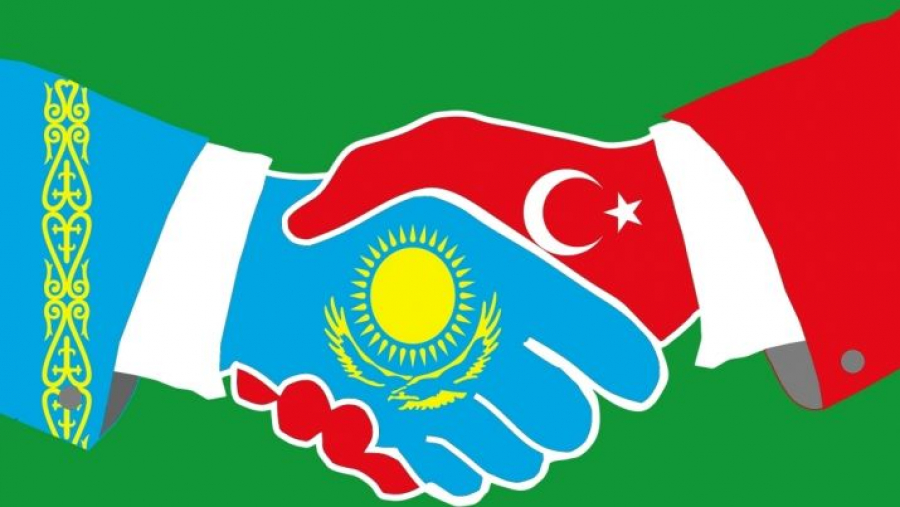
This year, Kazakhstan will begin issuing preferential microcredits in rural areas under the Auyl Amanaty project. Specifically, funding will be provided to 24 projects which involve the expansion of existing dairy farms and the creation of new ones based on the experience of northern Kazakhstan. These and other actions are part of a set of measures to control and reduce inflation. The document, designed for 2023-2024, outlines 93 measures. These include an increase in production volumes, as well as initiatives in the field of storage, logistics, and retailing of goods.
“In order to meet the demands of the domestic market, the implementation of import-substituting projects for the production of building materials, as well as goods of light, chemical and pharmaceutical industries will continue. In addition, this year will see the launch of 19 projects to produce poultry meat and 17 projects for meat processing, which will provide for the production of 249,000 tonnes of poultry meat and 320,000 tonnes of meat products,” said Alibek Kuantyrov, Kazakh Minister of National Economy.
In addition, Kazakhstan intends to expand the geography of transit flows by developing new transport routes and increasing the share of domestic cargo carriers by road from 30 to 50 percent. There are also plans to establish a Situation Center for price analysis and forecasting. In addition, the measures include stabilization of the prices of socially important goods, fuel and lubricants, coal and medicines.
“It is necessary to take proactive measures to prevent the exceeding of 15-percent trade markups. Local authorities are provided with all necessary facilities for this. We should increase the share of domestic goods in the domestic market, and ensure the development of mechanisms for the storage and transportation of goods. The population should see tangible results from the measures taken,” said Kazakh Prime Minister, Alikhan Smailov.









